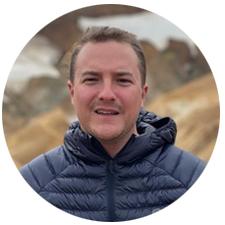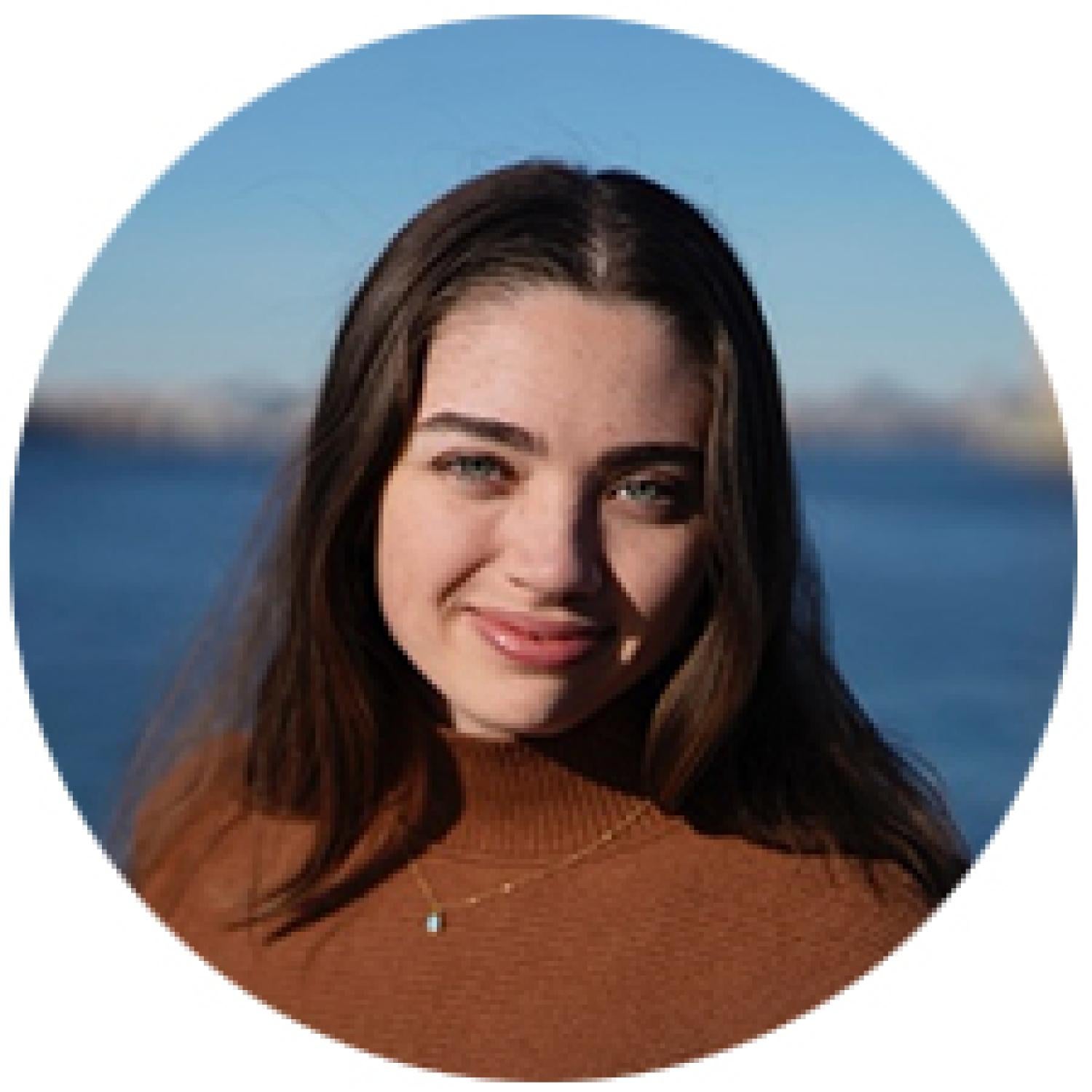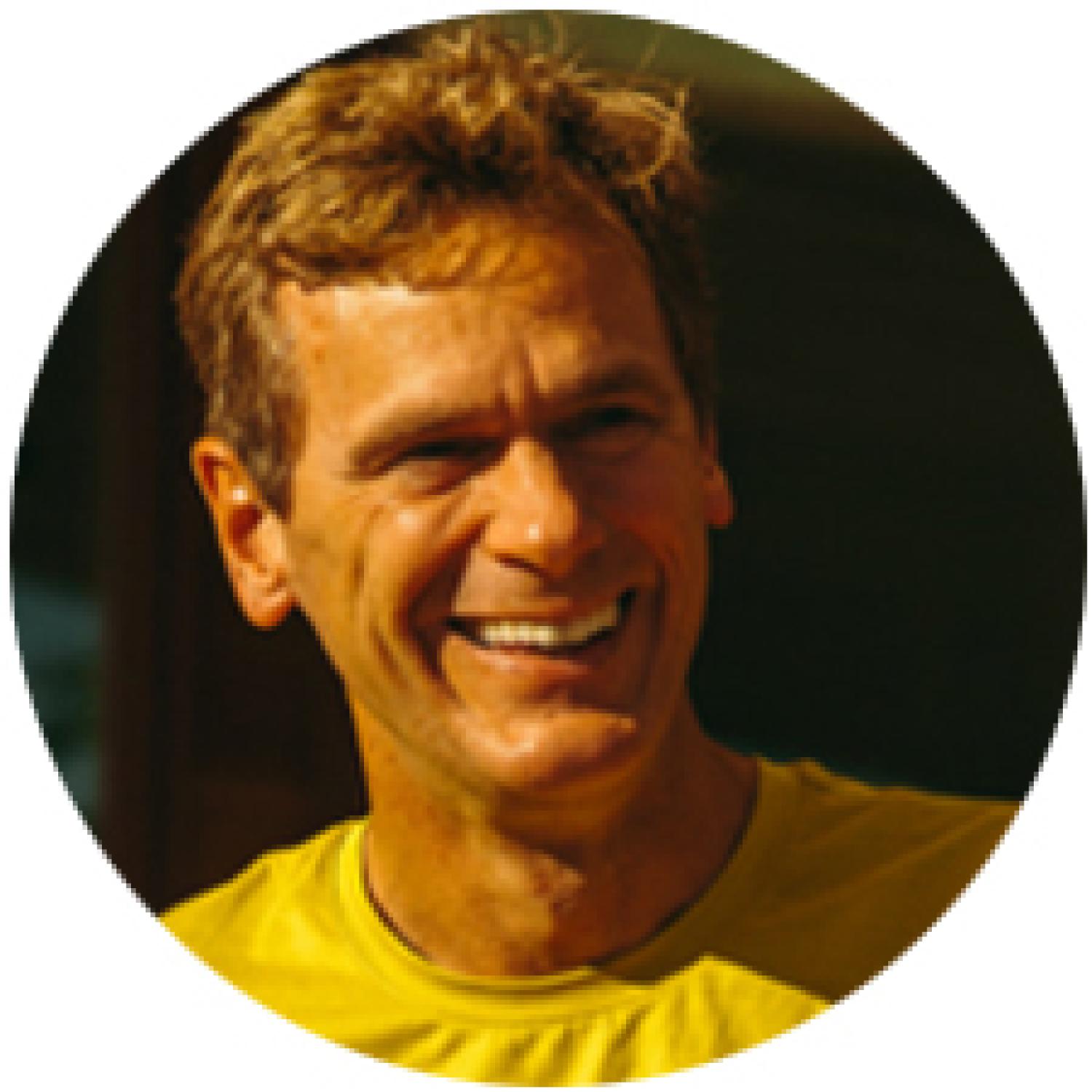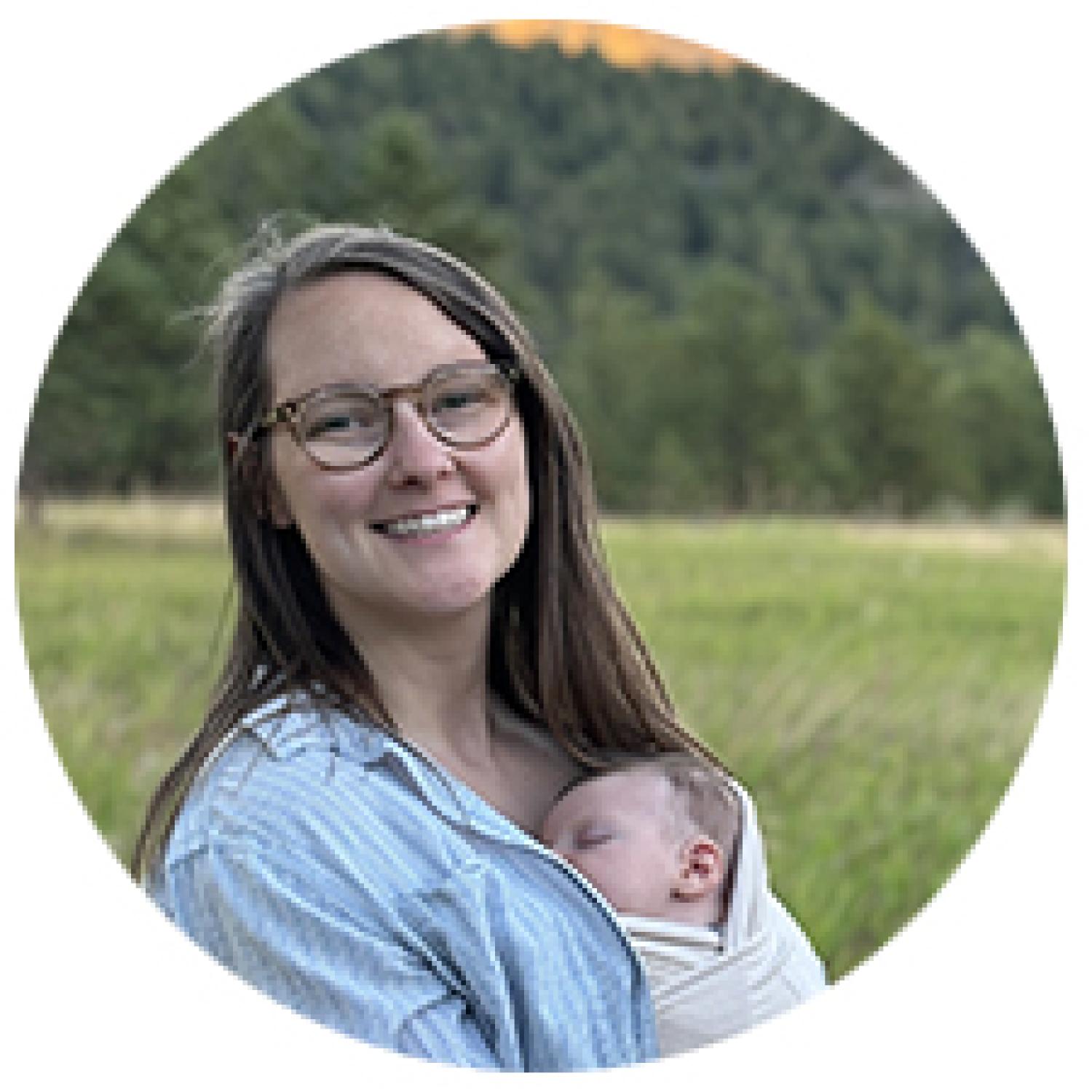Wildfires, water quality, weather patterns: Scripps fellows have ambitious plans for climate reporting
By Sharon Waters
The 2025-26 class of Ted Scripps Fellows in Environmental Journalism at CU Boulder’s College of Communication, Media, Design and Information will explore a range of issues related to climate change, encompassing emerging infectious diseases to technology’s potential role in catching arsonists responsible for wildfires.
Part of the college’s Center for Environmental Journalism, the Scripps fellowship gives full-time journalists the opportunity to enhance their knowledge and understanding of a variety of topics, so they can more effectively report on pressing environmental issues in ways that resonate with broad audiences. Over a nine-month period, fellows attend classes, participate in weekly seminars and field trips, and meet experts as they develop independent journalistic projects related to the environment.
Established in 1993, the Scripps fellowship has been based at CU Boulder since 1997, making this the 29th class to join the program as part of the university.
This year’s fellows are:
 | Ben Cathey, meteorologist and environmental/science reporter, WLVT. Cathey will spend his fellowship pursuing a serialized set of news pieces on wildfires. With the Front Range as a backdrop, Cathey plans to predict weather patterns governing wildfires while studying the use of artificial intelligence and drones to spot fires and catch arsonists. Cathey has won Emmy and Edward R. Murrow awards, and his work has been honored by The Associated Press, Society of Professional Journalists and American Meteorological Society. |
 | Erin Douglas, climate reporter, The Boston Globe. As a Scripps fellow, Douglas will study the relationship between climate and emerging infectious diseases. At the Globe, Douglas covers climate adaptation and resilience, including rising sea levels, disaster recovery, inland flooding and water quality. She has also covered climate change for The Texas Tribune and energy and environment issues for the Houston Chronicle. Douglas’ work has been recognized by Investigative Reporters and Editors, Society of Environmental Journalists, and Society for Advancing Business Editing and Writing. She was part of Tribune teams honored with Murrow awards in 2022. |
 | Christopher Solomon, freelance journalist. A full-time freelancer since 2002, Solomon writes frequently for The New York Times. His work also has appeared in Outside Magazine, National Geographic, Wired, Travel + Leisure, Orion and other national publications. Solomon is a former staff reporter for The Seattle Times and was a contributing editor and contract writer for Outside. His work has been featured seven times in the annual Best American anthologies of notable writing from HarperCollins. |
 | Chris Walker, freelance journalist. During his fellowship, Walker will study corporate sustainability, with a focus on how investors, regulators and the current political climate are influencing climate actions by businesses. His environmental reporting includes stories about a Turkish town’s fight against a coal plant, rights of nature lawsuits, and climate denialism among oil and gas executives. A three-time Livingston Award finalist, Walker has been a staff writer at two alt-weeklies and an editor with 5280. His work has appeared in The Ecologist, Westword and The Lever. |
 | Amanda Williams, special projects editor, NPR 1A. As a fellow, Williams will explore intergenerational stories of climate change around the world, connecting family stories of environmental change to climate solutions. Williams hopes to center young people in her reporting, including her daughter, born in 2024. At NPR’s 1A, Williams manages long-term projects, including on-air series, partnerships and events, plus daily news coverage. She was a local newspaper reporter in southern Virginia and a student reporting fellow with the Pulitzer Center. |

